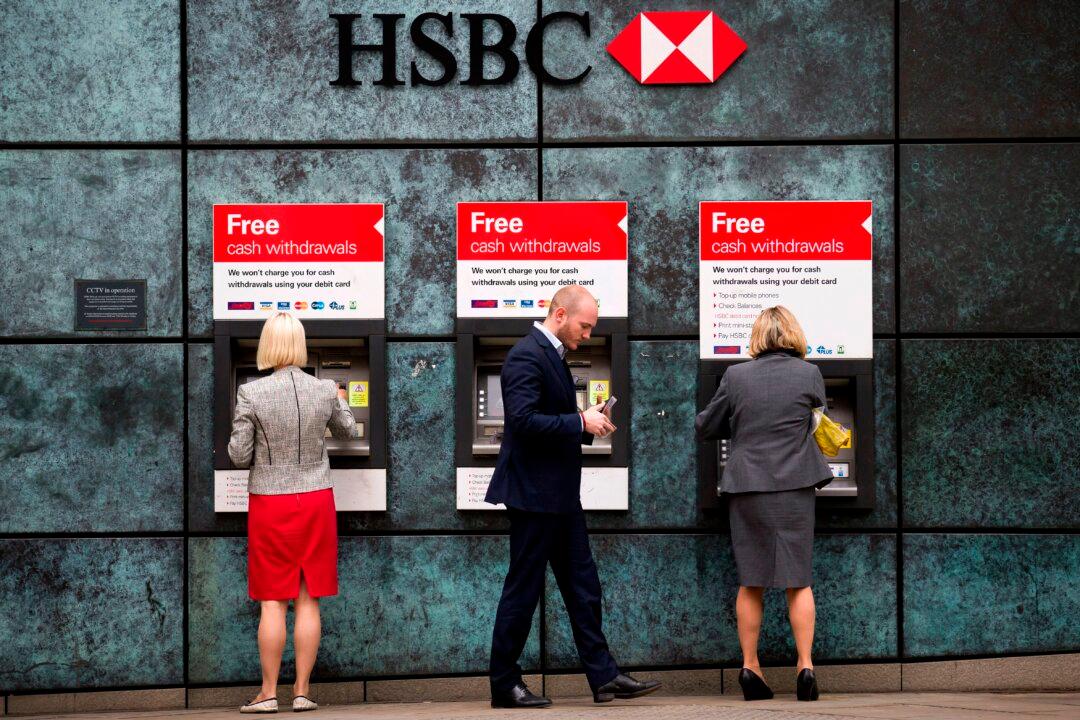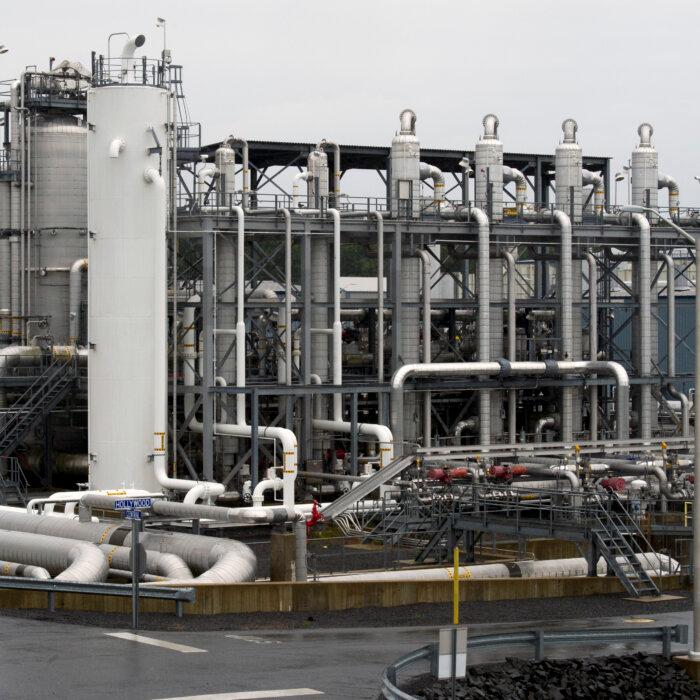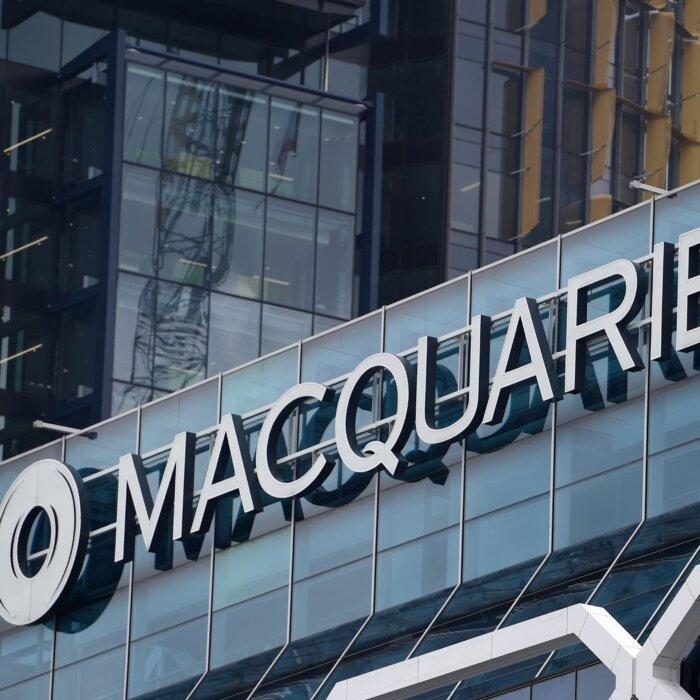HSBC has pushed back its goal of reaching net-zero carbon emissions across its operations and supply chain from 2030 to 2050, citing slower-than-expected progress in the wider economy.
The bank explained that its original 2030 goal depended on the ability to use carbon credits to offset emissions from its supply chain, an approach that no longer aligns with recent guidance from the Science Based Targets Initiative (SBTi), which assesses corporate climate goals.
“As such, we have revisited this ambition to take into account latest best practice guidance,” the bank said.
Julian Wentzel, HSBC’s chief sustainability officer, acknowledged the difficulties faced by companies in transitioning to greener practices.
He also indicated that while HSBC would adopt a “more measured approach” to oil and gas lending, the revised target did not necessarily signal major changes in financing policies for specific industries.
The bank’s review of its net zero transition plan update will be released in the second half of 2025.
Net Zero and Remuneration
The delay in HSBC’s net-zero timeline follows a broader trend of financial institutions amending parts of their approach to net zero.Instead of tying sustainability goals to yearly bonuses, the banks will now include them in long-term share-based incentive plans. They explained this better reflects their long-term climate goals and avoids the volatility of short-term targets.
Meanwhile, the HSBC decision has faced criticism from climate campaigners. Zahra Hdidou, senior climate and resilience advisor at ActionAid UK said on Wednesday that the pushback to 2050 was “deeply concerning.”
“Despite priding itself on being ‘the world’s local bank’, HSBC seems to be only listening to profit margins and boardroom agendas. The bank can no longer feign ignorance to the environmental destruction and human rights abuses it is causing,” she added, urging the bank to abandon the delay ahead of its annual general meeting in May.
According to the Heartland Institute, HSBC’s decision to push back net-zero targets is “not just a minor adjustment” but a “clear signal that the green agenda is economically unsustainable.”
Net-Zero Banking Alliance Under Pressure
HSBC’s decision comes amid mounting pressure on the Net-Zero Banking Alliance (NZBA), a coalition of banks committed to aligning their lending and investment portfolios with net-zero emissions by 2050.Meanwhile, 81 of its members are based in Europe, including 12 UK banks such as NatWest and Barclays.
Speaking about the departure of U.S. banks from the NZBA, Jeanne Martin, head of the banking programme at ShareAction, said: “While it is concerning that some U.S. banks are sending a signal to the market that climate change has become less of a priority for them, the NZBA Secretariat should see their departure from the alliance as an opportunity to work with remaining members to set more ambitious standards for the industry, in a coalition of the willing.”
She suggested that the absence of U.S. banks could provide room for regulators to implement more ambitious climate policies.
European Union (EU) leaders have remained steadfast in their renewables-first energy policies and legally binding commitments to becoming the first climate-neutral continent by 2050.
Meanwhile, the shift in U.S. energy policy under President Donald Trump comes with a greater emphasis on domestic drilling and increased exports of liquid natural gas to Europe, which could impact the EU’s ambitious net-zero plans.
The increasing supply of U.S. fossil fuels to Europe could make it harder for European banks and businesses to transition fully to renewable energy sources.







